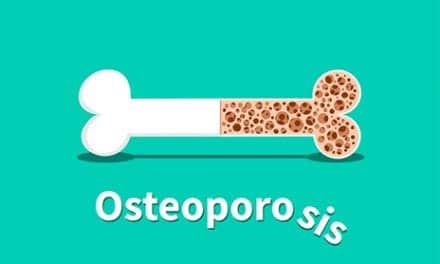A team of researchers based in Berlin, Germany, are conducting research using telemetric implants to examine the affect different footwear have on knee joint loading in order to help improve the prognosis for patients with osteoarthritis (OA) and reduce pain. The “Loading and Movement” team has developed a special instrumented hip, shoulder, knee, and spinal implants to perform the research, and the implants are based on clinically, widely used total joint replacement implants, which have been modified to include sensors and a telemetry system.
According to an Orthopaedic Research Society (ORS) news release, the specialized instrumented implants allow researchers to directly measure the forces inside the joint while the patient is performing various activities. To date, nearly 50 patients have been implanted with these devices. Presently, nine patients with telemetrized knee implants have been enrolled in the researchers’ knee OA study. The effects that different footwear had on the forces generated within the joints were then investigated.
The ORS news release notes that the researchers discovered when wearing advanced running shoes, patients experienced a reduction in maximum forces measured at the knee; however, when the patients wore dress shoes, the forces measured at the knee were increased. A number of patients have reported reduced pain after wearing certain types of sports shoes.
The data generated by the team using the telemetric hip, shoulder, knee, and spinal implants will be included in the open access database called OrthoLoad, which was created in 2001 and is continuously updated. The ORS news release indicates that team believes their research will be valuable not only to patients who suffer OA, but also to other individuals, such as physical therapists, athletes, and shoe designers.
Source: Orthopaedic Research Society





